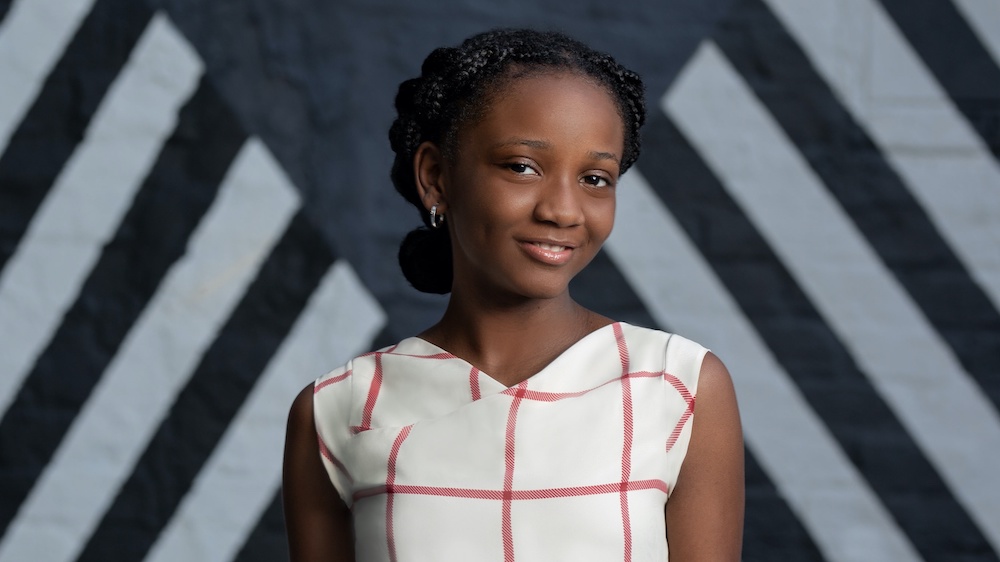If you’re interested in sharing your opinion on any cultural, political or personal topic, create an account here and check out our how-to post to learn more.
Opinions are the writer’s own and not those of Blavity's.
____
I am so proud of how far Black people have come in the entertainment industry. We went from barely being represented in TV, film and media, to our culture now inspiring the entertainment industry at large.
My experience as a Black artist has still been discouraging at times. I sometimes feel like I can’t do certain things without them being seen as intimidating, angry or negative. But, most of all, it is empowering to continue to succeed in an industry that doesn’t always want to see me succeed. Being a Black artist has its own set of advantages and challenges.
Stereotypes
People of color have always been faced with unrealistic stereotypes that cloud the judgment of people unlike us. Unfortunately, Black people are portrayed in a very negative way that affects how we’re represented. The microaggressions regarding Black people are the primary issues. You don’t have to call someone a slur to be discriminatory.
Black women, specifically, cannot state an opinion or disagree with anything without people thinking it is sassy or that we’re the “angry black woman.” I believe this directly affects the types of acting jobs we are able to book.
Inspiring Generations to Come
Growing up, I was inspired by people like Skai Jackson, Marsai Martin and Zendaya. They inspired me to pursue performing professionally. I figured that if other girls like me could do it, then so could I. I personally feel that I was put on Earth to inspire and be a sense of comfort to people I know and people I don’t know. My main goal is to be that same influence for young girls who feel like they can’t be themselves. I typically do this through my music because I speak on personal experiences. I hope that people everywhere can find solace in my lyrics.
Balancing Personal and Professional Life
We live in a society where we are constantly demeaned and looked down on.
When I first got into performing, I was dealing with a ton of dysphoria. I didn’t like the skin I was in, and I was dealing with normal pre-teen problems. In the midst of that, I was trying to pursue a career where I had to work 10 times harder to be seen as equal. This took a toll on my mental health. I had to deal with issues in my personal life and professionally as well. Once again, I talk about many of these experiences in my music.
Self-Love
Despite what other people think, the Black community is a blessing to be a part of. It is full of inspiring, beautiful and cultured people. I am honestly honored to be a Black artist. People of color are the backbone of pop culture as we know it. Black people inspire music, fashion, dance, etc. Once I overcame my insecurities, I was even more proud to be Black. That translates in my songwriting as well. I have a song called “Dear Brown Girl” that is about uplifting women of color and embracing their beauty. I enjoy using my platform to uplift BIPOC.
I hope that humanity will continue to evolve past these harmful microaggressions and macroaggressions. Then we will be able to fully focus on the beauty of color rather than the discrimination towards it.
I hope to continue spreading messages of social justice through talking about my personal experiences as well as educating myself and others. I would also like to continue to focus on the strength we have as Black people through my art.
____
Aria Brooks is an accomplished singer, songwriter and actor, best known for her leading role in the reboot of the popular Nickelodeon series 'All That.' To see Aria’s latest happenings, follow her on social media @itsariabrooks.
